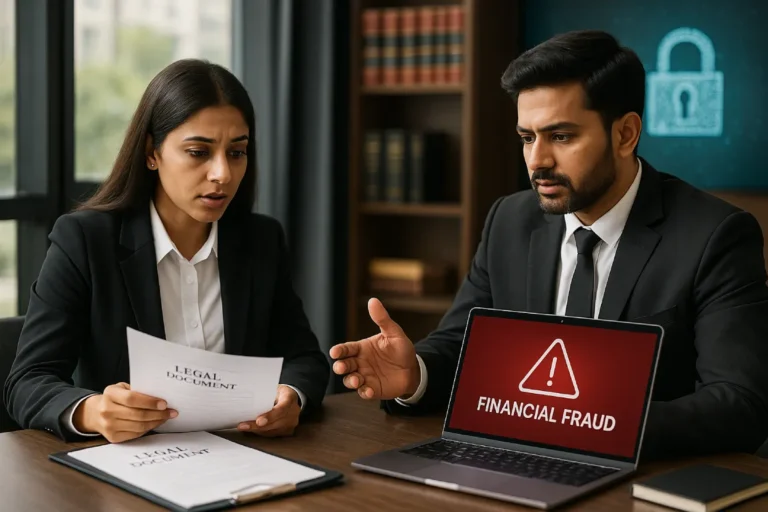How to Unfreeze a Bank Account from Cybercrime Quickly
Disclaimer: Aditya & Co. Advocates does not provide banking-related legal solutions; this article is for informational purposes only on how to unfreeze a bank account.
If your bank account has been frozen due to alleged cybercrime activities, you’re likely wondering how to unfreeze a bank account from cybercrime quickly. In India, this situation is increasingly common with the rise of digital fraud. The good news? There are clear legal remedies to restore access to your account, even if you are wrongly implicated. This article explains how to unfreeze a bank account from cybercrime, the steps involved, and exactly how much time it takes to unfreeze a bank account.
Need immediate help? Our Cybercrime Lawyers in Bangalore are here to assist you in resolving account freezing issues and other cyber fraud matters.
Why Are Bank Accounts Frozen in Cybercrime Cases?
Law enforcement agencies may freeze bank accounts suspected of being involved in cybercrime, such as:
- Phishing and online scams
- UPI payment frauds
- Impersonation and fake payment gateways
- Money laundering through mule accounts
Banks act on directives from police or cybercrime units, often under Section 91 or 102 of the Criminal Procedure Code (CrPC). Unfortunately, innocent account holders sometimes get caught in this net without prior notice. Understanding how to unfreeze a bank account from cybercrime becomes essential in such cases.
Legal Grounds for Freezing Bank Accounts
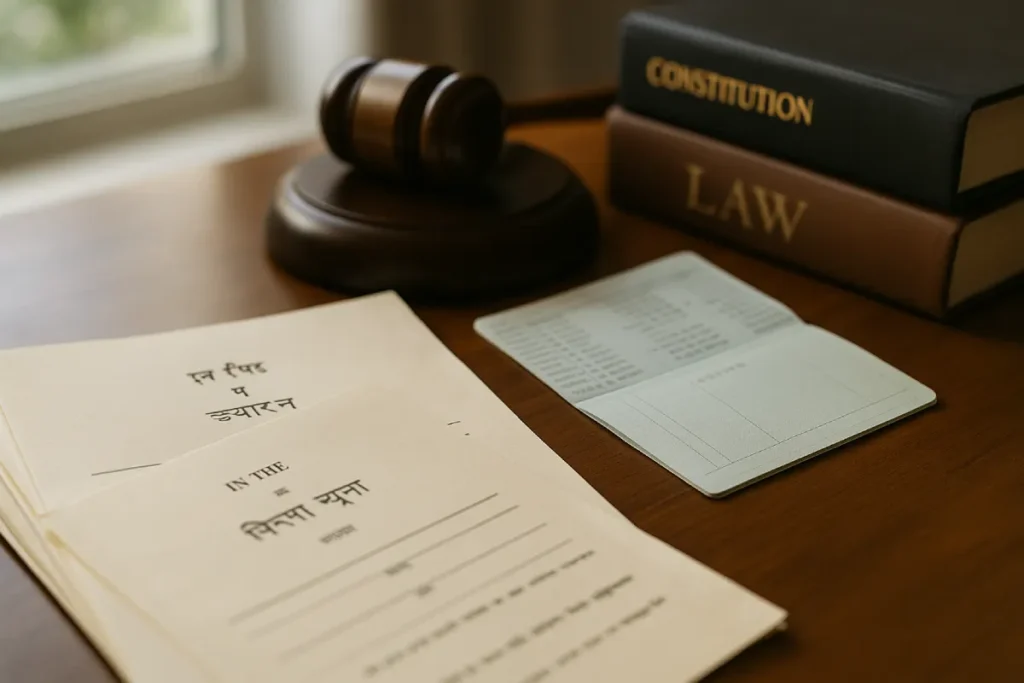
Understanding the legal basis behind the freezing of bank accounts is crucial for taking appropriate remedial actions. In India, there is no standalone law that directly addresses the freezing of bank accounts due to cybercrime. However, various provisions under the Criminal Procedure Code (CrPC), the Information Technology Act, and the Indian Penal Code empower investigating authorities to freeze accounts during an ongoing investigation. Below are the key legal grounds under which such actions are initiated:
- Section 91 of CrPC: Allows police to request documents or freeze accounts for investigation.
- Section 102 of CrPC: Empowers police to seize property, which includes bank accounts.
- IT Act, 2000 (Sections 43 & 66): Pertains to unauthorized digital transactions.
- Section 420 of IPC: Covers fraud and cheating cases.
- RBI Guidelines: Banks must comply with police orders and maintain proper records.
How to Unfreeze a Bank Account from Cybercrime in India
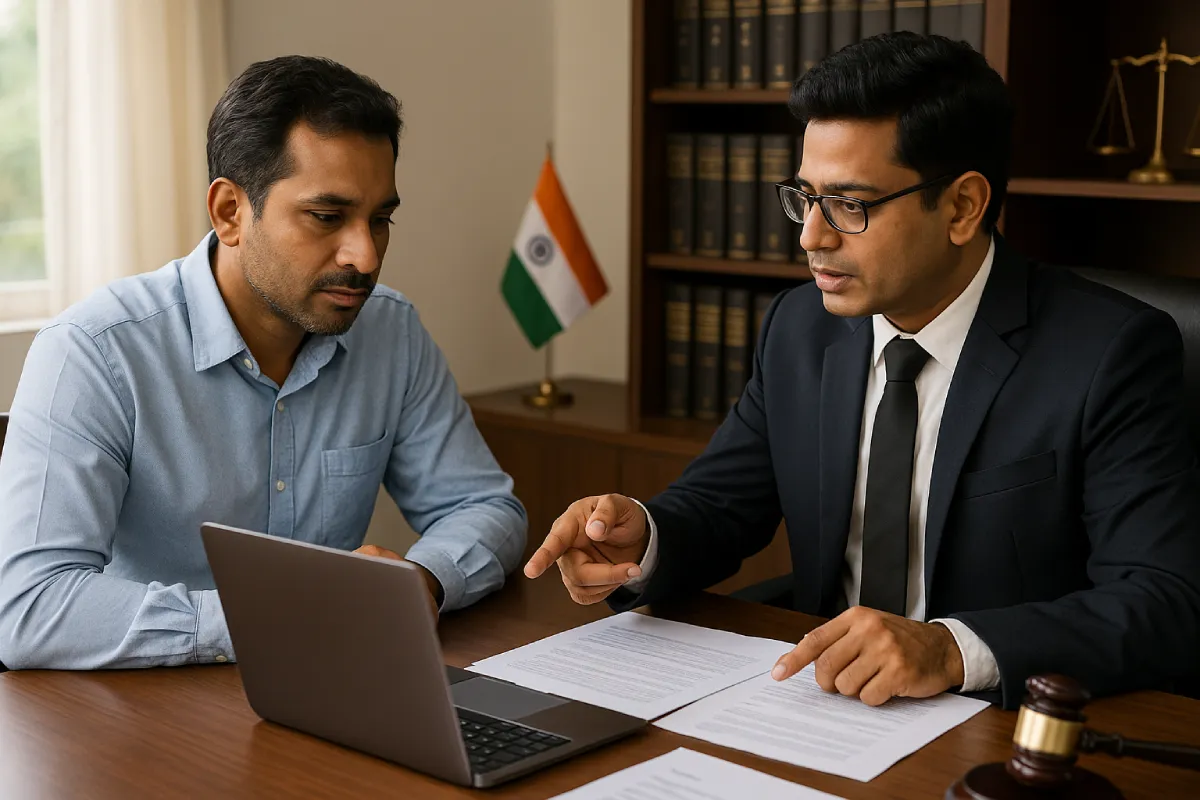
Here are the legal remedies you can pursue based on the severity of the case. If you’re wondering specifically how much time it takes to unfreeze a bank account, the following steps provide an estimated timeline along with actionable solutions:
1. File a Representation Before the Investigating Officer (IO)
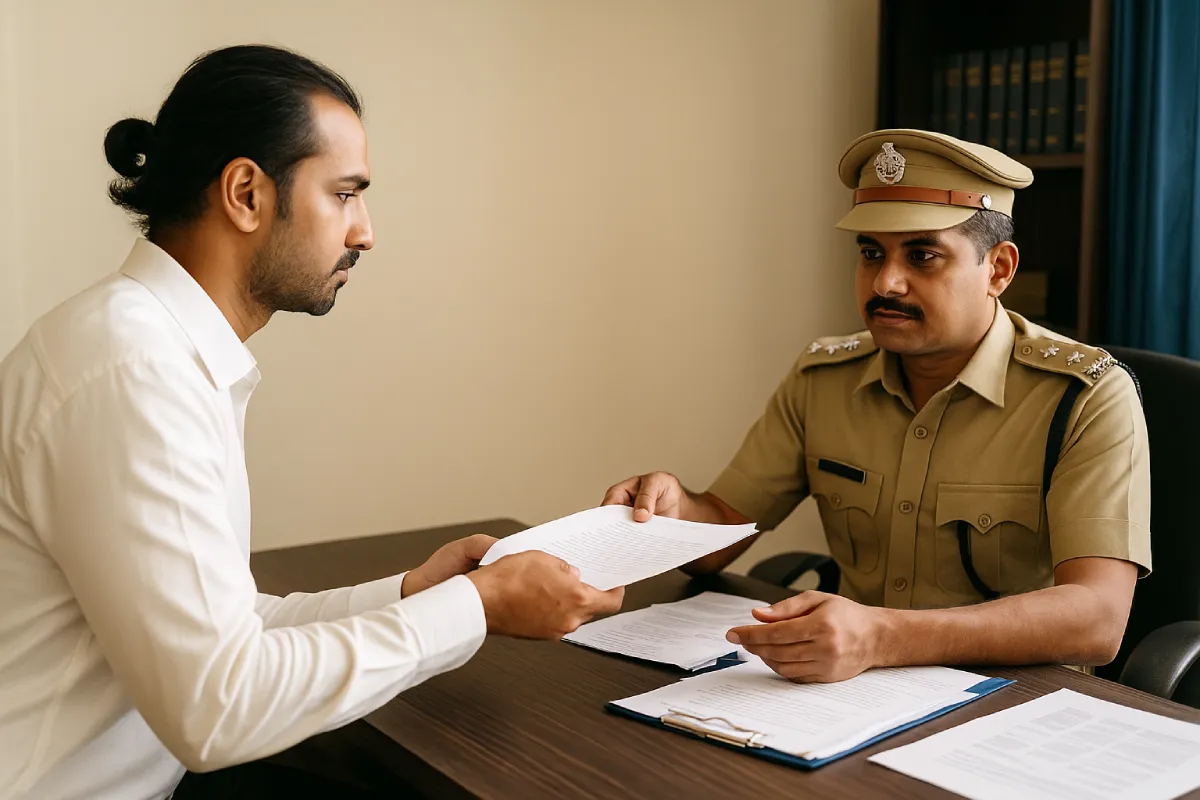
This is often the quickest method to resolve the issue without lengthy legal proceedings. Present your case directly to the officer who ordered the freeze, along with valid supporting documents.
• Prepare a written request explaining your innocence.
• Attach documents like PAN, Aadhaar, bank statements, and proof of the legitimacy of funds.
• Include explanations for any questionable transactions.
• If possible, submit this through your lawyer with a legal notice.
* Timeframe: 5 to 15 days if the IO agrees to unfreeze.
2. Approach the Magistrate Under Sections 451 or 457 of CrPC
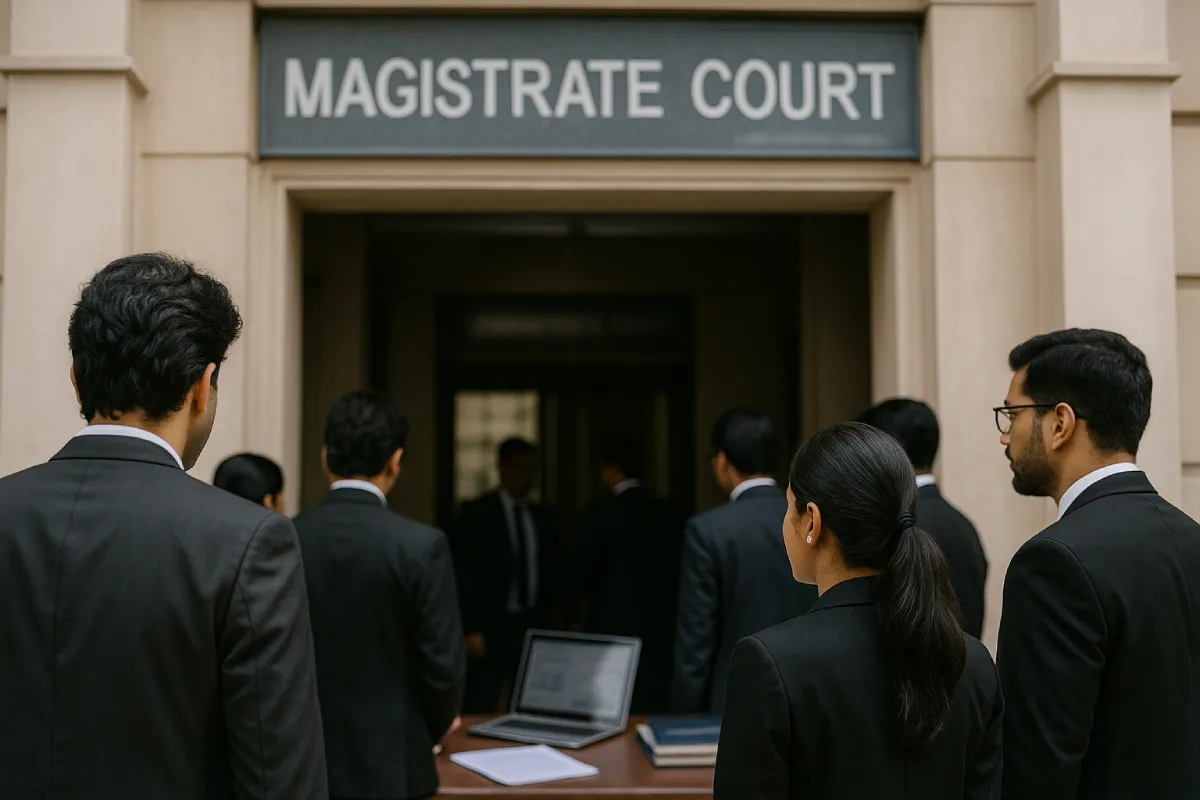
This legal route is suitable when police authorities fail to take timely action. You can request the court to intervene and issue appropriate orders to unfreeze your account.
• If the police do not act, apply to the local Magistrate’s Court.
• Explain that your account freezing violates your property rights (Article 300A of the Constitution).
• Submit all relevant financial documents to support your case.
• Timeframe: 2 to 4 weeks.
3. File a Writ Petition in the High Court (Article 226 of the Constitution)
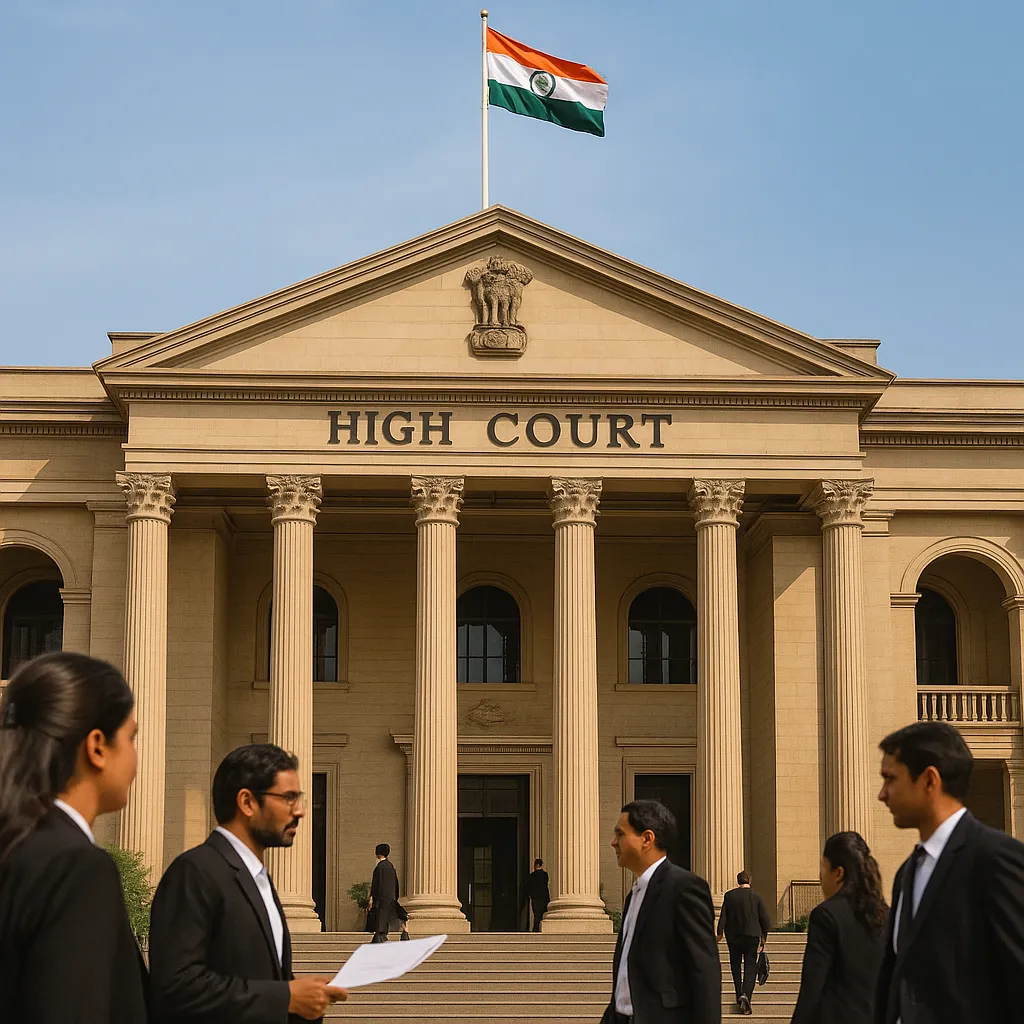
This is an effective legal remedy when there’s a violation of fundamental rights or clear misuse of authority. High Courts have the power to intervene swiftly and provide relief in such matters.
• If there is clear abuse of power or unjust freezing, approach the High Court directly.
• File a writ of Mandamus or Certiorari to quash the freeze order and enforce your rights.
• Timeframe: 1 to 3 months, depending on the urgency and court backlog.
4. Civil Suit for Declaration and Injunction

This option is generally considered when all other legal remedies fail. It involves a formal lawsuit seeking a court declaration and injunction against the freezing of your account.
• As a last resort, file a civil suit to declare the freezing unlawful.
• Request an interim injunction to prevent further interference.
• Note that this is a time-consuming and costly option.
How Much Time Does It Take to Unfreeze a Bank Account?
The time required to unfreeze a bank account from cybercrime largely depends on the approach you take and the responsiveness of the authorities involved. While some cases get resolved quickly through direct police intervention, others may require legal proceedings that naturally take longer. Ensuring that you have all relevant documentation and financial records prepared can significantly expedite the process.
If you’re specifically wondering how much time it takes to unfreeze a bank account, here’s a quick overview:
- Police Consent: 5 to 15 days
- Magistrate Order: 2 to 4 weeks
- High Court Petition: 1 to 3 months
The process depends heavily on the strength of your documentation and the urgency demonstrated in your application.
Judicial Precedents to Strengthen Your Case
Referring to past judicial decisions can greatly strengthen your case when dealing with a frozen bank account. Indian courts have consistently upheld the principles of natural justice and the constitutional right to property, emphasizing that any action taken by law enforcement should be fair, reasonable, and supported by concrete evidence. Familiarity with these precedents can help you and your legal counsel argue more effectively for the unfreezing of a bank account in cybercrime cases.
Preventive Steps to Avoid Account Freezing

Preventing your bank account from getting frozen in connection with cybercrime investigations starts with adopting responsible financial practices. Being cautious with your transactions and maintaining transparency in all financial dealings can significantly reduce the risk. It is essential to stay informed about the latest fraud trends and avoid engaging in activities that could make your account vulnerable to misuse. The following steps can help you safeguard your account effectively:
- Avoid accepting payments from unknown sources.
- Never rent your account for commission-based transactions.
- Maintain clear transaction records and income proofs.
- Report any suspicious activity immediately.
- Respond promptly to any notices from banks or police.
Conclusion
If you’re specifically looking for expert legal assistance, explore our dedicated Cybercrime Lawyers in Bangalore service page for specialized support in cybercrime matters. Facing a frozen bank account during a cybercrime investigation can be stressful, but Indian law provides clear avenues for innocent individuals to reclaim access. Whether through direct representation to the police, filing applications in court, or approaching the High Court, timely and informed action is key. If you’re uncertain about the process, consulting experienced legal professionals like Aditya & Co. Advocates – Your Constant Legal Guardian can make all the difference.
Need legal assistance? Contact Aditya & Co. Advocates anytime at +91 8105812404.







